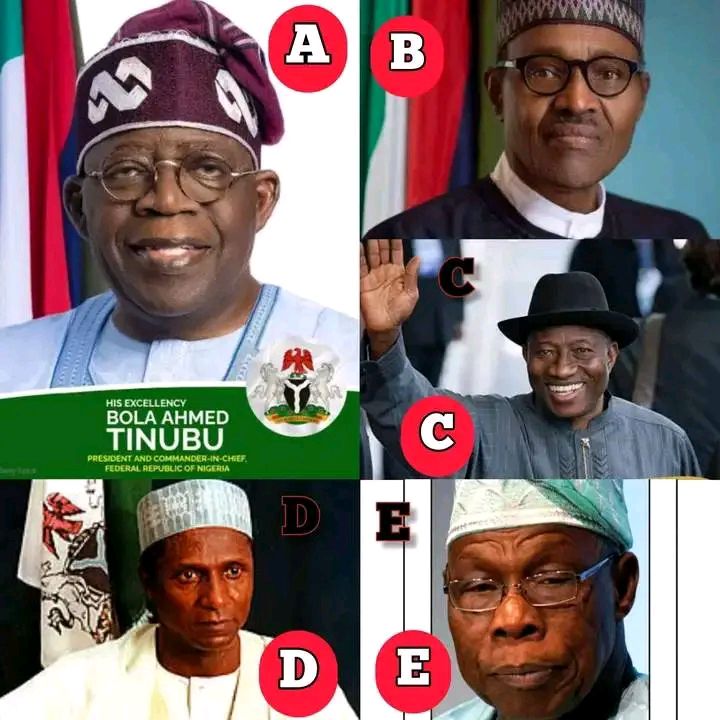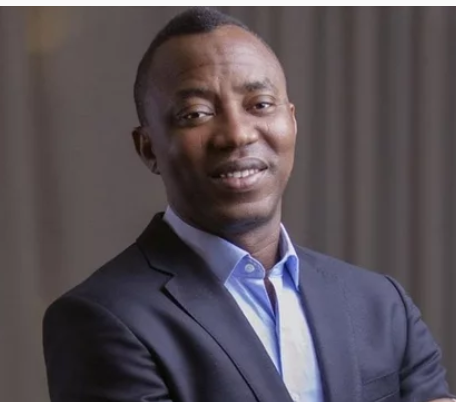
“How to Guide Your Daughter: Essential Tips for Parents on Sex Education”
Sex education is an essential aspect of a child’s development, and parents play a vital role in providing guidance and support. Here are some tips for parents to consider:
1. Start the conversation early: It’s essential to begin talking to your child about sex and relationships from an early age, using age-appropriate language and examples.
2. Create a safe and open environment: Make sure your child feels comfortable coming to you with questions or concerns. Listen attentively and provide honest, accurate information.
3. Focus on values and boundaries: Teach your child about healthy relationships, boundaries, and respect for themselves and others.
4. Use correct anatomical terms: When discussing body parts, use correct anatomical terms to help your child understand and communicate effectively.
5. Discuss puberty and changes: As your child enters puberty, discuss the physical and emotional changes they may experience and how to manage them.
6. Talk about consent and respect: Emphasize the importance of consent, respect, and healthy relationships.
7. Be prepared for questions: Anticipate questions and be prepared to provide accurate and age-appropriate information.
8. Be open to ongoing conversations: Sex education is not a one-time conversation. Be open to ongoing discussions and questions as your child grows and develops.
By following these tips, parents can help their girls develop healthy attitudes towards sex, relationships, and their bodies, setting them up for a positive and empowered life.
























